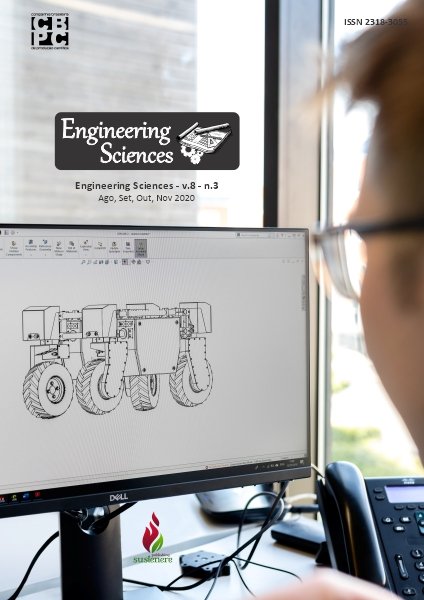Evaluation of light concrete performance with addition of Expanded Polystyrene (EPS): literature review
DOI:
https://doi.org/10.6008/CBPC2318-3055.2020.003.0005Keywords:
EPS concrete, Lightweight concrete, Thermal performance, SustainabilityAbstract
The civil construction sector has always been marked by demanding a large amount of natural resources, usually driven by the need to build houses and buildings, making it one of the industrial sectors that consume the most raw materials, reaching the appropriation of around 50% these resources. Therefore, sustainable construction is the main bet for improving the alarming rates of this industrial sector in relation to the preservation of the environment. Thus, this work focuses on the use of recyclable materials as an aggregate in the production of light concrete. Currently, there are several lines of academic research on this topic. In this context, the addition of Expanded Polystyrene (EPS) to concrete has been showing satisfactory results regarding strength, quality of finish and reduction of the own weight of building components. This work aims to expose the advantages and disadvantages of adding EPS as a concrete aggregate, as well as its thermal performance and its mechanical resistance, based on a literature review that addresses the topic addressed. Based on this literature review, it was concluded that the addition of EPS becomes advantageous because it reduces the structure's own weight, reducing the amount of material needed to resist efforts, in addition to all the contribution to the environment, by saving resources and also allowing the possibility of using recyclable EPS waste in their production.
Downloads
Downloads
Published
Issue
Section
License
The CBPC - Companhia Brasileira de Produção Científica (Brazil CNPJ: 11.221.422/0001-03) the material rights of the published works. The rights relate to the publication of the work anywhere in the world, including rights to renewals, expansions and dissemination of the contribution, as well as other subsidiary rights. All electronically published works may subsequently be published in printed collections under the coordination of this company and / or its partners. The authors preserve the copyright, but are not allowed to publish the contribution in another medium, printed or digital, in Portuguese or in translation.








